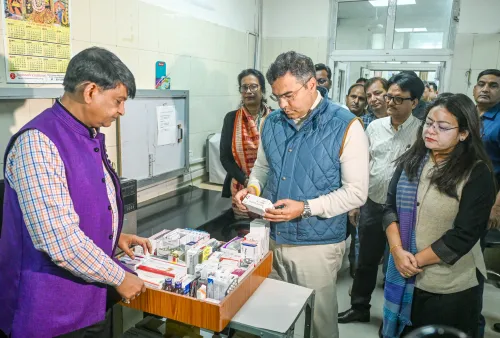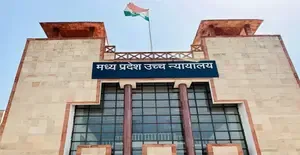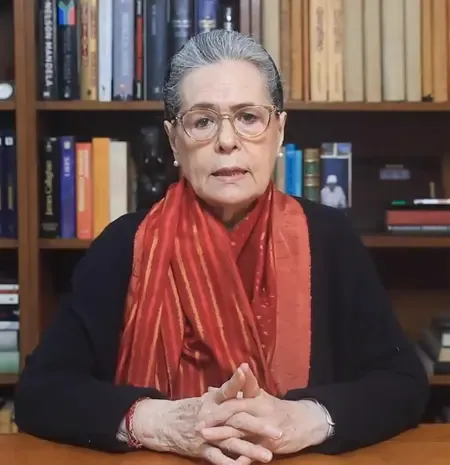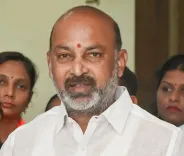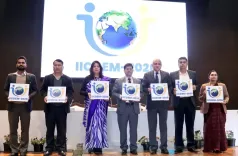How is Ayurveda’s Global Importance Strengthened by Scientific Research? - Dinesh Bhatia

Synopsis
Key Takeaways
- Advancing scientific research is crucial for Ayurveda's global recognition.
- The India-Brazil partnership enhances traditional medicine cooperation.
- 40 years of Ayurveda in Brazil is celebrated through international collaboration.
- The upcoming WHO summit will further showcase Ayurveda's significance.
- Inclusivity and holistic health are core principles of Ayurveda.
New Delhi, Nov 16 (NationPress) The global significance of Ayurveda is being bolstered by ongoing scientific research and international partnerships, as stated by India’s Ambassador to Brazil, Dinesh Bhatia.
During the third International Ayurveda Conference, co-hosted by the Swami Vivekananda Cultural Centre (SVCC) and Conayur Sao Paulo, Bhatia emphasized the increasing collaboration between India and Brazil in traditional healthcare systems.
This two-day gathering, organized under the auspices of the Indian Council for Cultural Relations (ICCR), celebrated 40 years of Ayurveda in Brazil, attracting experts, practitioners, scholars, and students from Latin America and India.
Ayurveda's international relevance will be further highlighted at the upcoming WHO-Ministry of Ayush Global Summit on Traditional Medicine, scheduled in New Delhi from December 17-19.
The Ambassador acknowledged Brazil as the first South American nation to officially endorse Ayurveda and noted the recent visit of Brazil’s Vice President, Geraldo Alckmin, to the All India Institute of Ayurveda in New Delhi, which marked a significant step in enhancing bilateral cooperation.
Praising SVCC for its unwavering commitment to promoting Ayurveda and Indian culture, the Ambassador also expressed gratitude towards the Ministry of Ayush for backing such initiatives.
Dr. (Vaidya) Rajesh Kotecha, Secretary of the Ministry of Ayush, highlighted that Ayurveda represents inclusivity, compassion, and a holistic balance of body, mind, and environment.
He pointed out the robust India-Brazil partnership in traditional medicine, strengthened by a Memorandum of Understanding between their respective Ministries of Health, along with institutional collaborations involving the National Institute of Ayurveda in Jaipur and Brazilian universities.
Dr. Kotecha commended teachers, researchers, and practitioners who have contributed to the advancement of Ayurveda in Brazil over the last four decades.
On behalf of Union Minister of Ayush, Prataprao Jadhav, he reiterated India's commitment, under Prime Minister Narendra Modi's leadership, to enhance collaboration between the two nations in promoting evidence-based traditional medicine.
Dr. Jyoti Kiran Shukla, Director of SVCC, underlined the shared heritage of wellness traditions between India and Brazil, emphasizing the role of SVCC and ICCR in fostering cultural and academic collaboration in Ayurveda.
Hansraj Singh Verma, the Consul General of India in Sao Paulo, stressed the significance of India-Brazil cooperation in advancing natural and preventive healthcare solutions.


